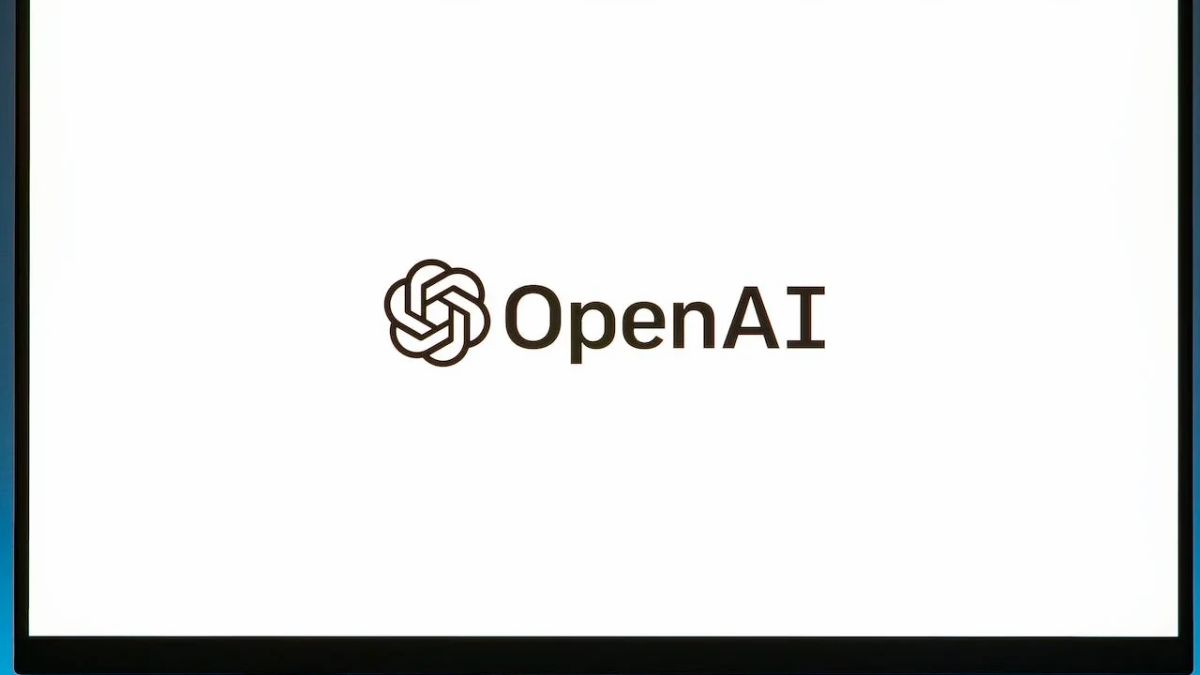Google's Alphabet Inc's has launched a series of artificial intelligence tools (AI) for its email, collaboration, and cloud software on Tuesday, March 14 targeting Microsoft Corp, days before its competitors are expected to make a similar announcement.
As at last month's launch of rival chatbots, Alphabet highlighted the "magic token" for popular Google Docs software, which can create marketing blog drafts, training plans, or other texts, then revise the tone of the voice according to the user's wishes, as a company official has shown reporters.
Meanwhile, Microsoft has also teased on Thursday 9 March about how they "changed productivity with AI", which is expected to feature a competitor's word processor.
Alphabet also announced that its AI will be able to summarize a series of messages in Gmail, make slide presentations, personalize customers, and record meetings as part of an upgrade to Google Workspace, which is a series of products with billions of users of free and paid accounts.
This advancement reflects how ChatGPT spurred the race in Silicon Valley to embed products with a generative AI, which learned from past data and how to create new content, just like chatbot sensations.
Microsoft, Alphabet, and other colleagues have invested billions of dollars to build and deploy this technology, hoping businesses they win from accelerating writing and creative tasks for office workers will far exceed the costs of these efforts.
"The next phase is to bring humans supported by AI aides, who work in real-time," Thomas Kurian, CEO of Google Cloud, told a news briefing.
Alphabet provides approved test user access to new Workspace features in stages throughout the year, before launching more widely, as is the case with a gradual release of their chatbot program and Microsoft.
Kurian declined to reveal how much an increased Workspace subscription fee might cost on businesses or consumers.
Google also introduced various generating AI tools for its customers in cloud computing, by showing preview access to PaLM, one of the strongest "large language model" that creates human-like text.
Google says customers can customize their AI model with their own data while keeping information and profits private.
In another example of enterprise software, Google shows how a fictitious furniture business can build better customer service chatbots capable of producing images and text, such as showing how a corgi dog will be seen in modern mid-century chairs.
The chatbot can be integrated with the payment system so that a buyer can then buy the seat, through a promotional video.
Google aims to make its AI "change" the work of marketers, lawyers, scientists, and educators, according to the videos displayed.
Mountain View, California-based company announced a partnership with the well-known research laboratory AI Midjourney, while Google provides cloud infrastructure including custom-made "TPU" chips.
Microsoft's genrative launch of AI has so far surpassed Alphabet, which is wary of the adverse effects on society and its reputational damage as a reliable source of information.
Such software is still vulnerable to inaccurate responses known as "halusinations".
A factual error made by Alphabet's Bard chatbot in a demonstration last month led to a decline in market value of US$100 billion (Rp1,536 trillion), although Microsoft also received the spotlight during its Bing search chatbot because it claimed to love or made threats to tested users.
Kurian said Google remains "deeply committed to responsible AI," providing controls to customers and reviewing the proper use of its products. Microsoft has also added protection to its search software.
The English, Chinese, Japanese, Arabic, and French versions are automatically generated by the AI. So there may still be inaccuracies in translating, please always see Indonesian as our main language. (system supported by DigitalSiber.id)













